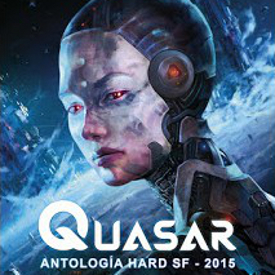 Noah Chinn was born in Oshawa, Ontario, and has never really forgiven it for that. After high school, he fled his hometown in favour of the freezing winters of Ottawa. Three years later, it dawned on him that higher education and frostbite did not have to go hand in hand, and finished his degree in Toronto.
Noah Chinn was born in Oshawa, Ontario, and has never really forgiven it for that. After high school, he fled his hometown in favour of the freezing winters of Ottawa. Three years later, it dawned on him that higher education and frostbite did not have to go hand in hand, and finished his degree in Toronto.
Shortly after university, he moved to Vancouver, where he met his future wife, Gillian. He then spent the summer bicycling across Canada, which she thankfully didn’t misinterpret as him trying to get as far away from her as possible. They moved to Japan for three years, where he taught English yet managed not to learn a word of Japanese (an oversight he’s now trying to correct).
It was during this time that he had a successful cartoon series called Fuzzy Knights, which centred on the exploits of toy animals playing Dungeons & Dragons, and the evil hamster trying to destroy them. Some have called this a cry for help.
They then moved to England, where he dreamed of making it big as a writer—because with a BA in English Lit it was either that or serving fries at a Burger Shack.
Unfortunately, in the way aspiring actors move to Hollywood and end up as busboys, the closest he came to literary success in England was working at several bookstores—each of which mysteriously closed down after his stay.
After moving back to Canada, he found some success in the North American market… until his publisher closed down.
But a little thing like that isn’t going to stop him.
His work has been published in Amazing Stories, Knights of the Dinner Table, The Globe and Mail, and others.
He, his wife, and their ferret now live in Vancouver.
He tends to wear a hat.









